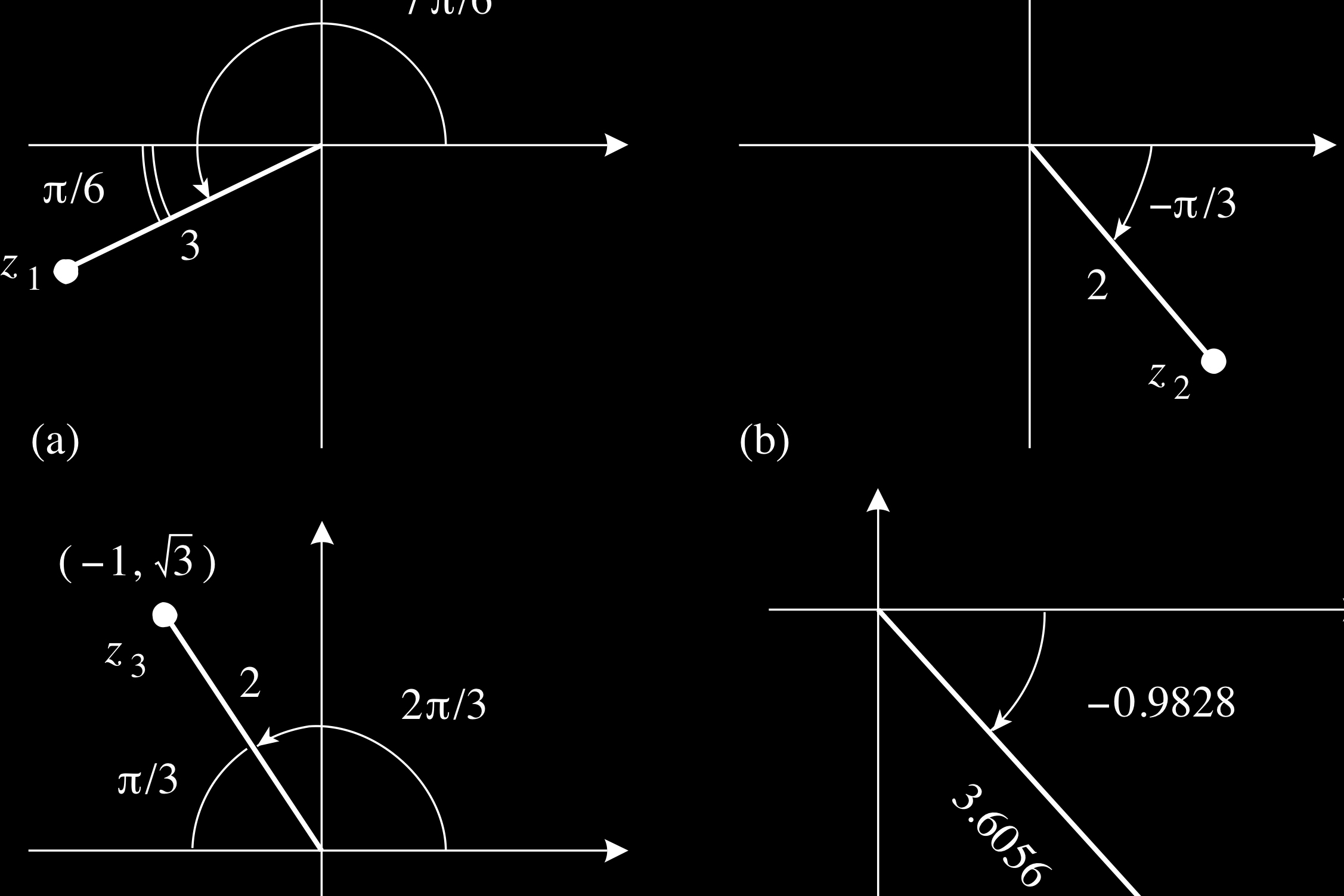Non-Binary Post/Colonialisms: A Discussion with Laura Chrisman

Join the Institute for Humanities Research for "Non-Binary Post/Colonialisms," a discussion with Professor Laura Chrisman, a Nancy K. Ketcham Endowed Chair in the Department of English at the University of Washington.
About the Talk
Colonialism and its aftermaths are often construed in terms of a binary. Consider, for example, the title of Albert Memmi’s foundational 1957 "The Colonizer and the Colonized," or his 2006 "Decolonization and the Decolonized." Yet when the intricacies of populations are considered more thoroughly, this binary frequently breaks down into fractals along a broad gradient of power and oppression. As Memmi himself points out, the colonized’s access to power is not limited equally; indeed, certain groups “identif[y] as much with the colonizers as with the colonized.” Further, geo-political shifts over time can precipitate structural, albeit sometimes subtle, changes in power dynamics such that the colonizers also become colonized, or the colonized also colonizers.
Think, for example, of the “Dutch” — or “Boers” — in South Africa, of Ireland’s participation in Britain’s imperial project, or of many liberation movements and post-independence nations in which, as Frantz Fanon points out in "The Wretched of the Earth" (1961), the newly empowered indigenous bourgeoisie, failing to liberate the masses, effectively takes the role of the colonizer. One of the “pitfalls of national consciousness,” as Fanon terms it, this form of colonization can occur not only along class, but also along religious and ethnic lines.
Taking into account, then, plural and fluid subjectivities and systems, how might we rethink the colonial, the post-colonial, and the de-colonial? When, if ever, are binaristic modes of historicizing, analyzing and theorizing helpful? And how can we attend to the multiplicity of lived experience while engendering novel modes of collective resistance and transcendence? These are some of the questions we will be discussing at this event, to which all are invited.
Please RSVP to attend.
Chrisman’s webpage can be found here. For more information about the event, please contact Isaac Joslin (ijoslin@asu.edu) or Melissa Free (mmfree@asu.edu).
Please keep in mind that the Institute for Humanities Research is a peanut-free space.
Readings
"Culture and Imerialism" by Edward W. Said
"The Wretched of the Earth" by Frantz Fanon
Fletcher Lecture
Later that evening, please join us for Professor Chrisman’s Fletcher Lecture, “African Atlantics and Imperial Culture: Critical Directions Past, Present and Future,” in Memorial Union 236 Mohave. Reception begins at 6 p.m., followed by the lecture, which wraps up at 7:30 p.m. For more information about the Fletcher Lecture, click here or contact Dan Bivona at dbivona@asu.edu.
Location and Parking
This event will be hosted in Ross-Blakley Hall at ASU's Tempe campus. The closest parking options are the visitor parking in Lot 44 and the Rural Road parking structure.